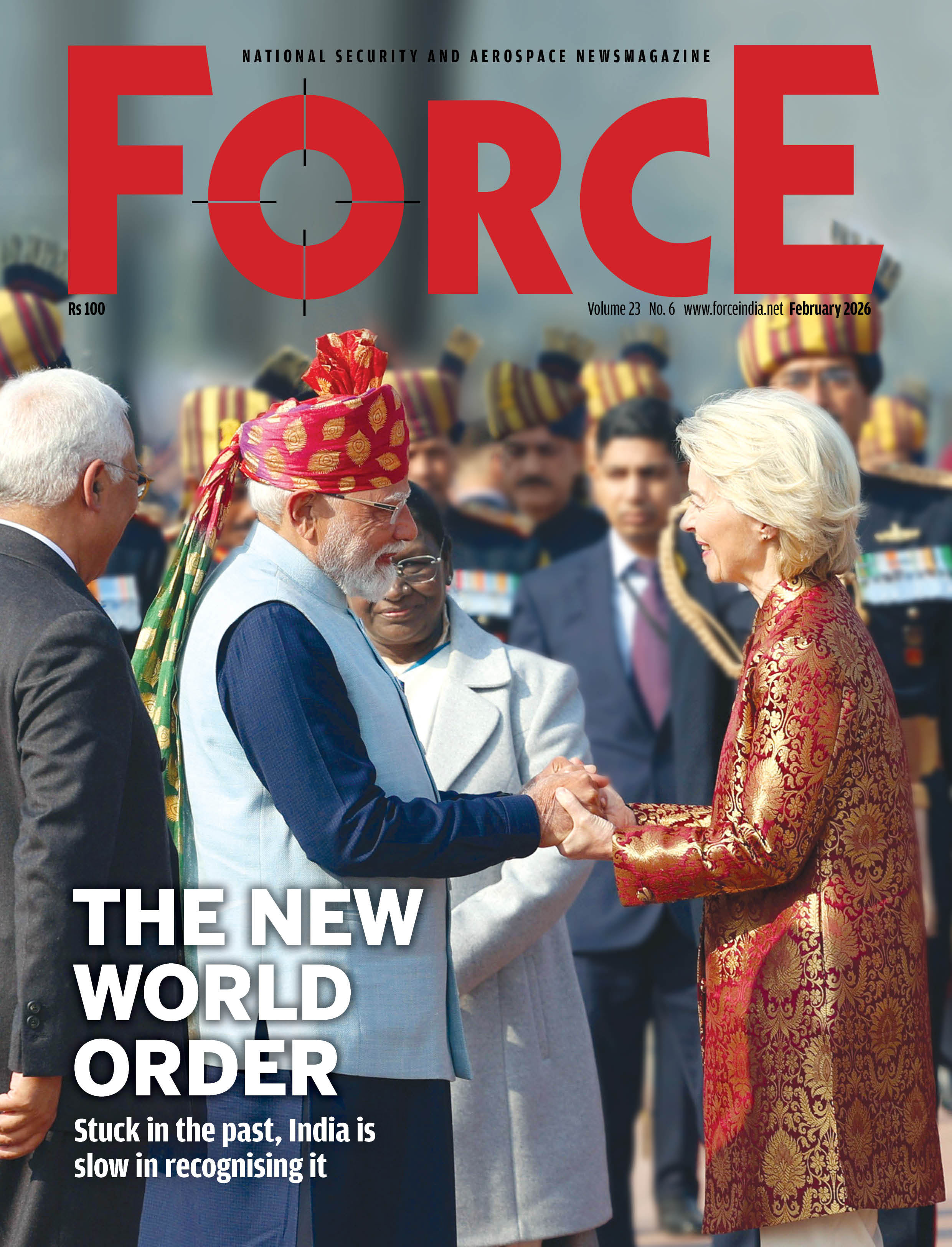Stark Choices
Pravin Sawhney
Speaking at the Asia Society in New York on 25 September 2024, external affairs minister S. Jaishankar said that India’s rise would be amidst volatility and unpredictability. This is not inevitable. If India was to wholeheartedly support the BRICS (Brazil, Russia, India, China, South Africa) grouping where being a prominent Global South nation, as well as its foundational member, India’s rise would be peaceful and quicker with time to build credible deterrence.

Surprisingly, no one has questioned the Modi government on why it has chosen to ignore the once-in-century opportunity of global geopolitics which has come to the Asia Pacific region where India is located? And why India has decided to align itself with Global North (G-7 and other industrialised) nations led by the US which believes in balance of power politics based on military power where security is a zero-sum game? Evidence of this are the wars that the US waged when in the unipolar world (from 1991 to 2017) it was the sole great power. Buoyed by its victory in the Cold War, the US decided to selectively export its ideology of liberal democracy to create a world that deferred to its interests.
Today, the world has changed in four ways: One, instead of one great power, there are three great powers, namely, the US, China and Russia. Two, owing to the spectacular rise of China and some of the fastest growing Emerging Markets and Developing Countries (EMDCs) in Global South, the global geopolitics has shifted from Trans-Atlantic to Asia Pacific region. Three, the emerging technologies of the fourth industrial revolution building on the digitisation of the third industrial revolution are at the heart of the global geopolitical competition between the US and China--two great powers supporting opposite global governance systems. Unlike the balance of power politics, China (and Russia) support development, prosperity, indivisible security, win-win cooperation with mutual respect, and above all, the United Nations-based international law and global order.
And four, China and Russia are in a tight strategic embrace, not so much owing to their opposition to the US and US-based order, but because of their aligned global visions of prosperity for Global South nations through connectivity of which BRICS and BRICS bank (New Development Bank) are prominent manifestations.
The success of the recently concluded 16th BRICS summit in Kazan, Russia, is proof that the Global South nations which comprise eighty percent of world population are tired of colonial exploitation and hence want to be a part of the China and Russia supported global governance systems.
Three things stood out at the Kazan Summit.
One, Russia is not isolated as the US-led Global North nations would have the world believe. During Russia’s BRICS presidency, 13 nations under the category of ‘partner countries’ were added to 10 full members (Saudi Arabia under US pressure continues to vacillate) with voting rights, disappointing lots of nations who had queued up for a berth in the grouping.
Two, the presence of UN secretary
Subscribe To Force
Fuel Fearless Journalism with Your Yearly Subscription
SUBSCRIBE NOW
We don’t tell you how to do your job…
But we put the environment in which you do your job in perspective, so that when you step out you do so with the complete picture.








 VIDEO
VIDEO